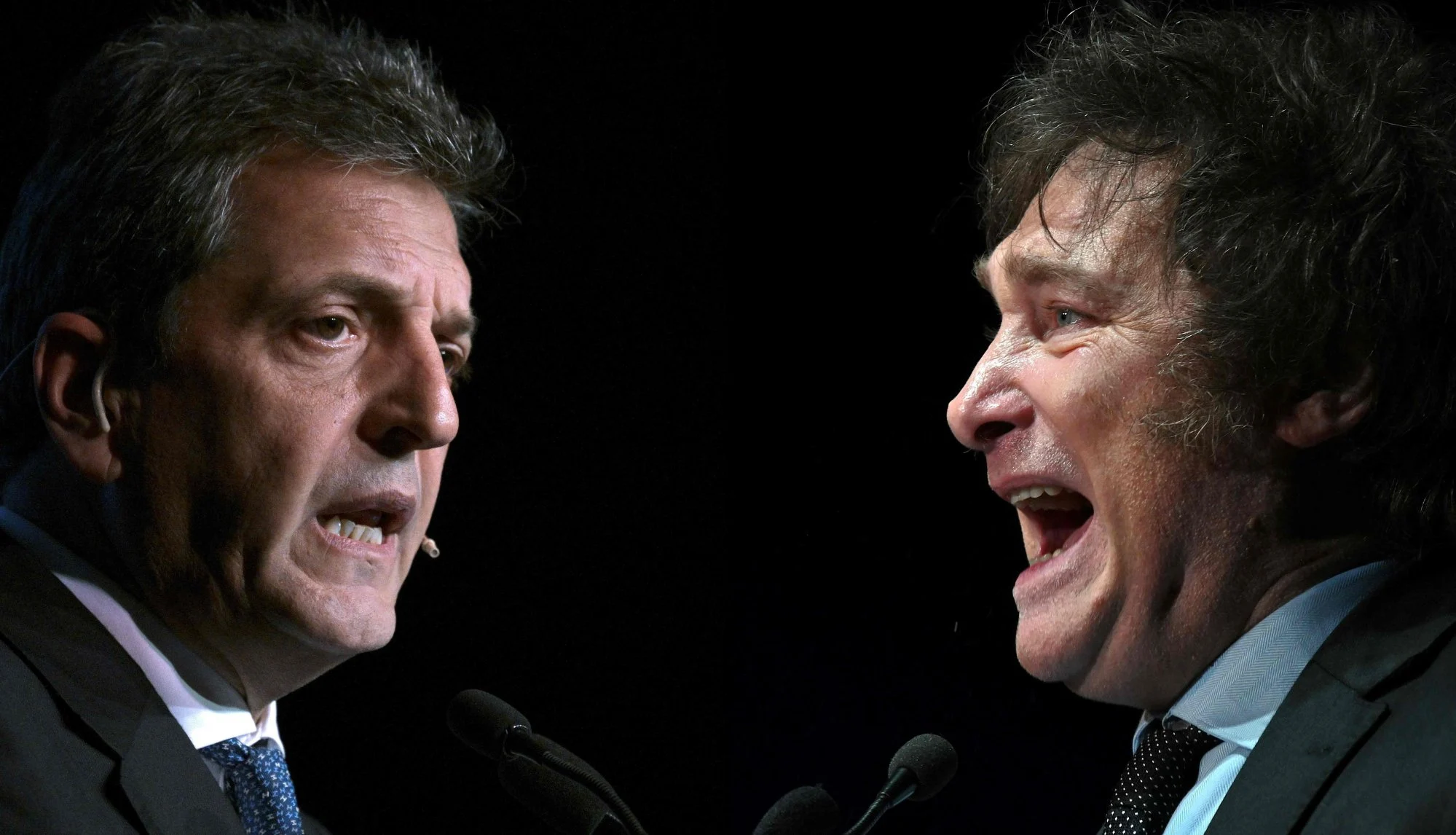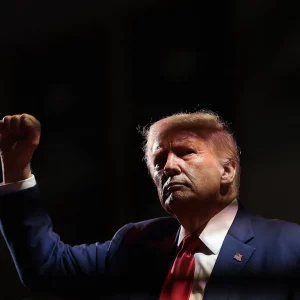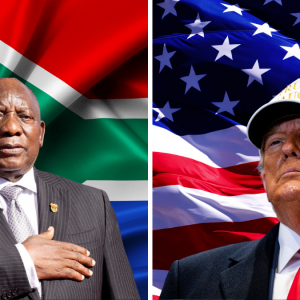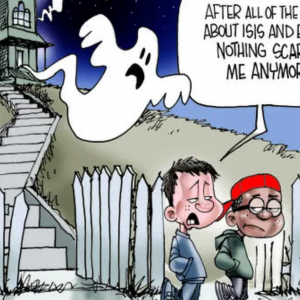On October 22nd, voters flocked to the polls to elect the new president of Argentina, amongst intense political and economic strife. All three candidates offered different solutions to the same problem: how to fix the economy. By the end of the day, it became clear that the top two contenders, Sergio Massa and Javier Milei, would be headed to a run-off election in November.
Economic Turmoil
Since the early 20th century, Argentina has struggled to keep their head above water between periods of economic crises and political turmoil. One such financial crisis struck in the late 1990s. By the end of 2002, it had become one of, if not the worst, in Argentina’s History. Unemployment soared over 20%, the national poverty rate surpassed 50%, GDP per capita fell by 20%, and the country defaulted on over $90 billion dollars.
The origin of these issues are partially attributed to Juan Perón’s lingering influence on Argentine politics. Perón, inspired by Benito Mussolini’s brand of fascism, promoted strong nationalism, generous state welfare systems, and expanding government control over economic apparatuses. Peronism, or the political ideology associated with and created by Perón, survives as a dominant political ideology in Argentina, with Peronist governments having been in power for 16 of the last 20 years.
From 2003 to 2015, the Argentine government was dominated by two individuals; Néstor Kirchner and Cristina Fernández de Kirchner. Néstor, elected in 2003, saw some initial successes during his presidency and was able to repay $10 billion dollars to the IMF. However, towards the end of his term, he was caught up in corruption scandals and oversaw a period of rising inflation. He chose not to run for a second term and instead, backed his wife for the 2007 election. During her tenure, she imposed a steep export tax on grain that was met with widespread protests, strikes, and backlash. Despite this setback, her popularity was revived due to a weak opposition and some success in the economy that allowed her to pursue social policies like legalizing same sex marriage. Her comeback did not last long. In 2014, Argentina defaulted on their debt again and since then, she has been caught up in multiple scandals, some of which have led to her being investigated and charged.
The only government in the past 20 years that has not been Peronist was the government of Mauricio Macri, a center-right businessman who stepped into power in 2015. Macri promised to cut inflation, lower the poverty rate, and reignite the economy; however, he failed to deliver. During his tenure, the inflation rate doubled, the GDP shrank 3.4%, the poverty rate increased, and the value of the peso declined further. In 2018, Macri appealed to the International Monetary Fund and received a loan of over $50 billion dollars, the biggest loan ever given by the IMF. Despite his promises to fix the economy, his presidency led to further disillusionment that can be attributed to his failed economic reforms that hurt many low and middle class citizens as well as his IMF bailout.
Argentina’s economic and political turbulence has still not let up. Inflation rates have risen above 100% and debt to the International Monetary Fund has soared while the country struggles to meet basic IMF loan requirements. The peso has been devalued so much that many are turning to the black market in order to buy usable currency, often at a much higher rate. Argentina’s current president, Alberto Fernandez, who has been in power since 2019, has opted to not run for re-election, citing pressure about the economy.
Massa: A Return to the Same?
Ahead of the run-off election, candidate Sergio Massa is ahead, having won 36.7% of the vote. As the Minister of the Economy for the current government, it might be surprising that he is in the lead, especially after his loss in the primaries to Milei.
In the lead up to the election, Massa capitalized on fears about Milei’s more radical approach to fixing the economy, including cutting government subsidies. Since so many citizens rely on government subsidies, Massa emphasized that Milei’s plan would make conditions much harder in the short term. A heavy-handed advertising campaign helped to highlight this point, using examples such as showcasing two versions of the same train tickets; one at the subsidized price under Massa, and one without the lowered price under Milei.
While working under Alberto Fernández, Massa oversaw an economic plan that has been criticized for not being comprehensive enough and failed to enliven the economy, which was especially complicated by the COVID-19 pandemic and the war in Ukraine. Throughout the last two years, the value of the peso has continued to decrease and there has been a dry up in foreign currency reserves, leaving Fernández with the task of reaching out to other countries, including Brazil and the U.S., for their support.
As the contingency candidate from the Fernández administration, Massa would likely carry on with many of the same Peronist policies as his predecessor. He plans to continue to support and fund government social support programs, focusing on bolstering exports, and continuing discussion with the IMF. While Massa received the highest percentage of the votes out of his opponents, he didn’t garner enough support to win outright which may point at the hesitancy of voters to stick with Peronism.
Milei: Radical Change for better or more likely, for worse
Winning around 30% of the vote, Javier Milei entered the political scene for this election and immediately garnered controversy and intrigue. A self-proclaimed anarcho-capitalist with four cloned dogs, Milei is reminiscent of Jair Bolsonaro or Donald Trump, and represents a stark alternative to the other candidates from this election and elections past.
In terms of his economic stances, Milei disparages the way that Argentina has been run by Peronist politicians for decades, and has called the state a “criminal organization”. If elected, he has discussed plans to greatly reduce government spending and attack the longstanding and expansive welfare system. He would discard the peso in favor of the U.S. dollar, and even eliminate the central bank, which he has discussed at rallies with a chainsaw in hand. In terms of cutting down on government spending, Milei plans to slash electricity and gas subsidies, reducing or scrapping certain taxes, cutting down on government ministries and pension plans for high ranking government officials, and reducing federal transfers, amongst other things.
His stances on social policy are mostly right-leaning. Milei has positioned himself staunchly against abortion, recently legalized in late 2020, committing to hold a referendum to reconsider its legality if elected. He is intensely skeptical of climate change and has gone so far as to call it a “socialist lie”. He is Catholic, as is around 60% of the population, yet he called the more progressive Argentinian Pope Francis a “imbecile who defends social justice” among other incendiary comments. Some suggest that Milei’s comments attacking the current Pope are part of the reason he was outperformed by Massa.
While Milei’s stances and comments may seem extreme, he has rallied a considerable amount of support for his cause. Voters who are fed up with the continuous cycle of inflation and poverty see Milei as a break in the status quo and someone who could potentially enact real change. It is hard to tell whether or not Milei’s policies would be effective in shoring up some of the economic problems that Argentina faces, especially since they seem so radical for a country that has long followed the same logic. On the one hand, it is clear that reimplementing and doubling down on Peronist policies is not doing Argentina any favors. On the other hand, Milei’s economic plans may make life harder and cause financial chaos for a majority of Argentines, at least in the short term. Milei’s idea to dollarize the Argentinian economy has been subject to controversy and debate. However, in terms of cutting government spending, it seems like his ideas might have long-term positive effects, as Argentina’s spending habits have long been identified as part of the problem. While Peronism may not be the answer, it’s unlikely that Milei’s radical economic policies would bring positive change to Argentina.
What Comes Next?
On November 19th, Argentinians will head to the polls again for the run-off election between Massa and Milei. Given Milei’s win in the primary, it was surprising to many that Massa pulled ahead in vote share for the general election. Following October 23rd, former candidate Patricia Bullrich, who received the least amount of votes out of the three during the general election, recently backed Milei ahead of the run-off. With the country in a turbulent economic and political state, all eyes are on the run-off election as the two candidates vie for the remainder of the vote share.
Massa’s economic position represents a continuation of the status quo that has continually failed to lift Argentina out of its economic turmoil. Despite his administration’s track record, it seems that a plurality of voters are too scared to go all in on Milei, given the outcome of the general election. Massa capitalized on this fear to earn more support by pointing out Milei’s more outlandish ideas, both social and economic. In addition to economic policies that bear uncertain futures, Milei has also taken conservative, and even radical stances, on many social policies.. It seems that Milei’s radical economic ideas are a bit too radical to persuade a majority of voters to move away from deeply entrenched Peronism.
Whatever the outcome, it seems unlikely that the current status quo will be subject to such radical change, as Milei would have to win a much larger share of the votes to have the necessary power to do so. If Peronist economic policies reign dominant again, it is unlikely that any drastic change will come for the people of Argentina. Yet in the same vein, the radical change that Milei is proposing may not be any more effective.
Featured Image Source: Juan Mabromata & Luis Robayo, AFP






Comments are closed.